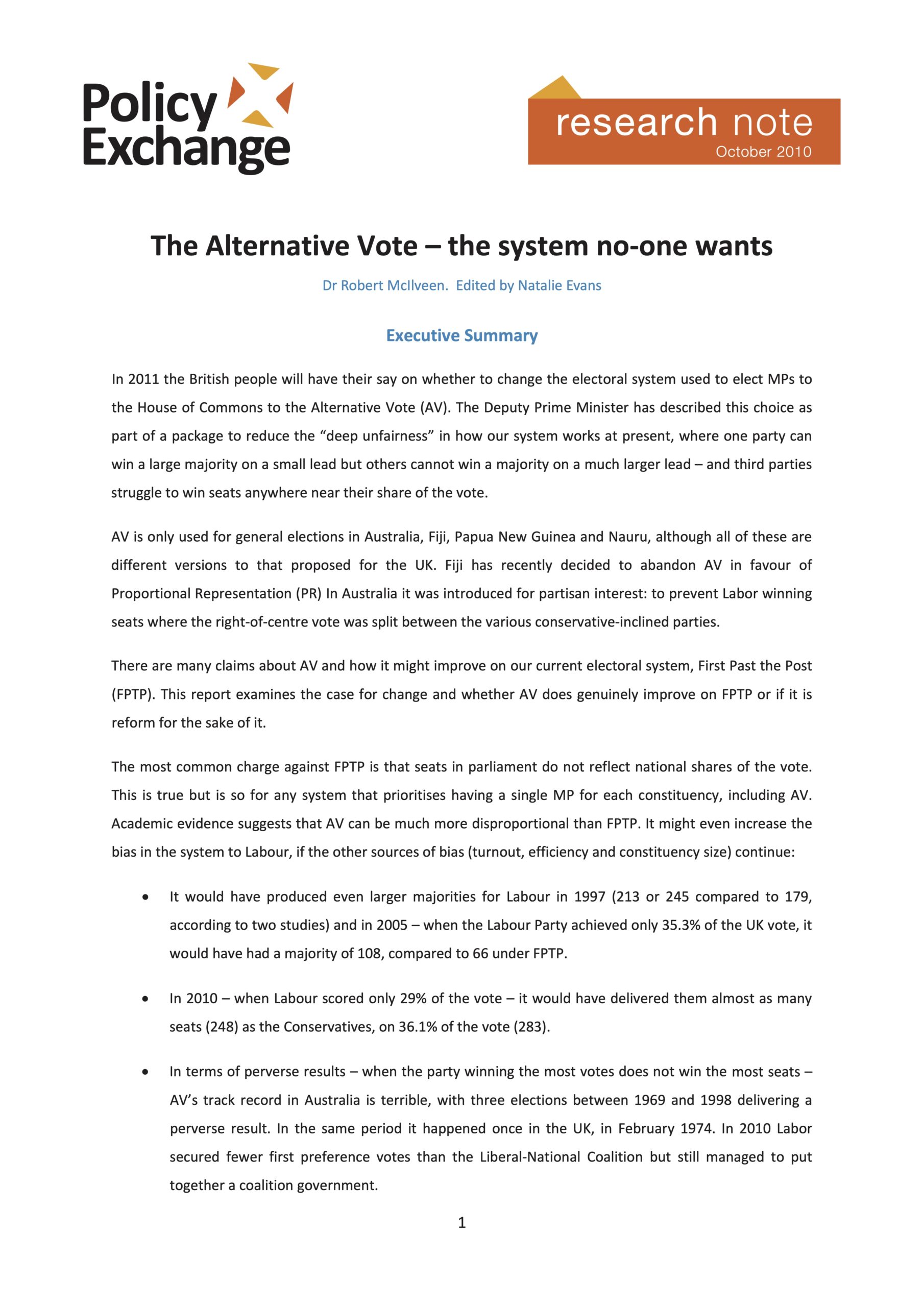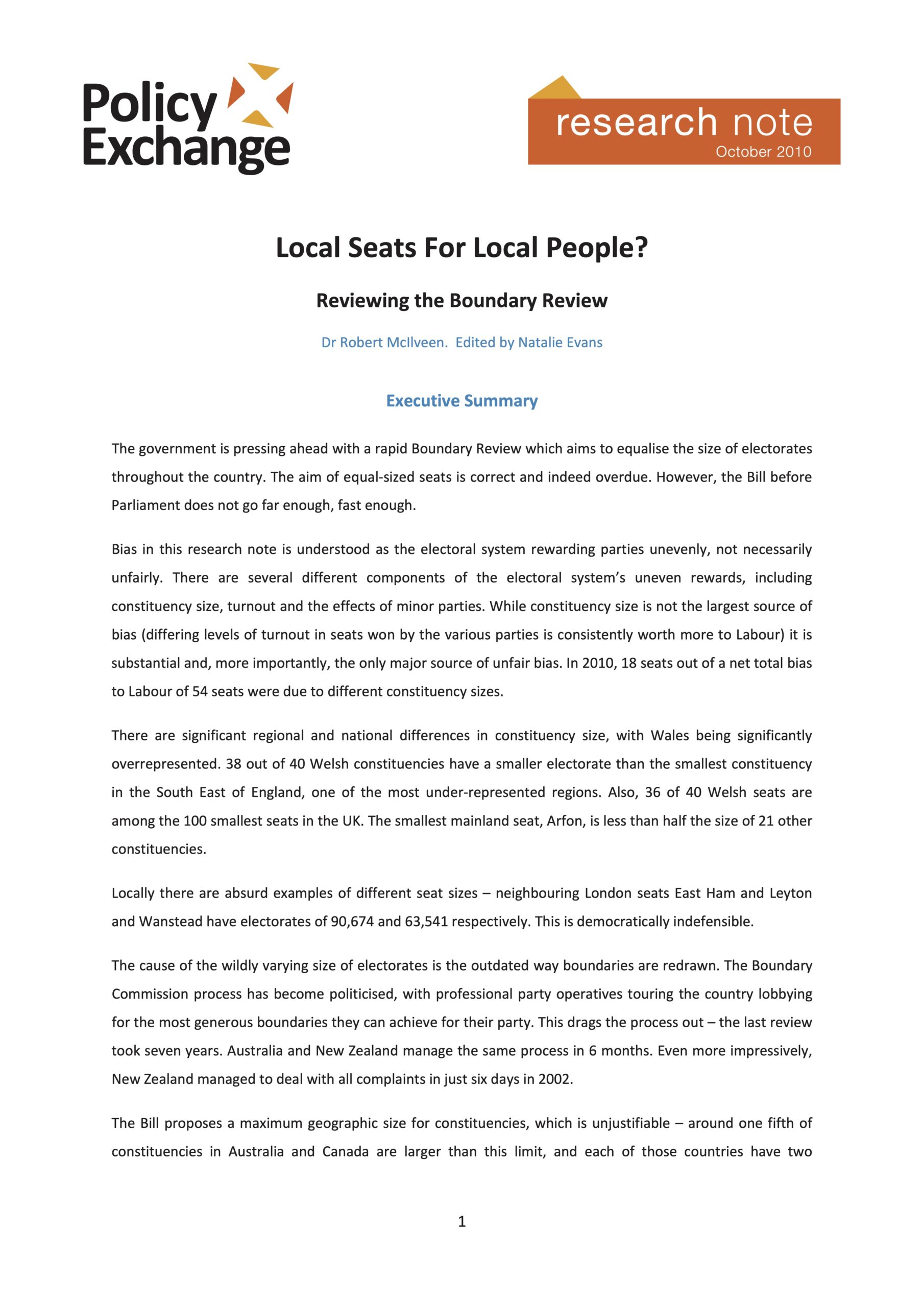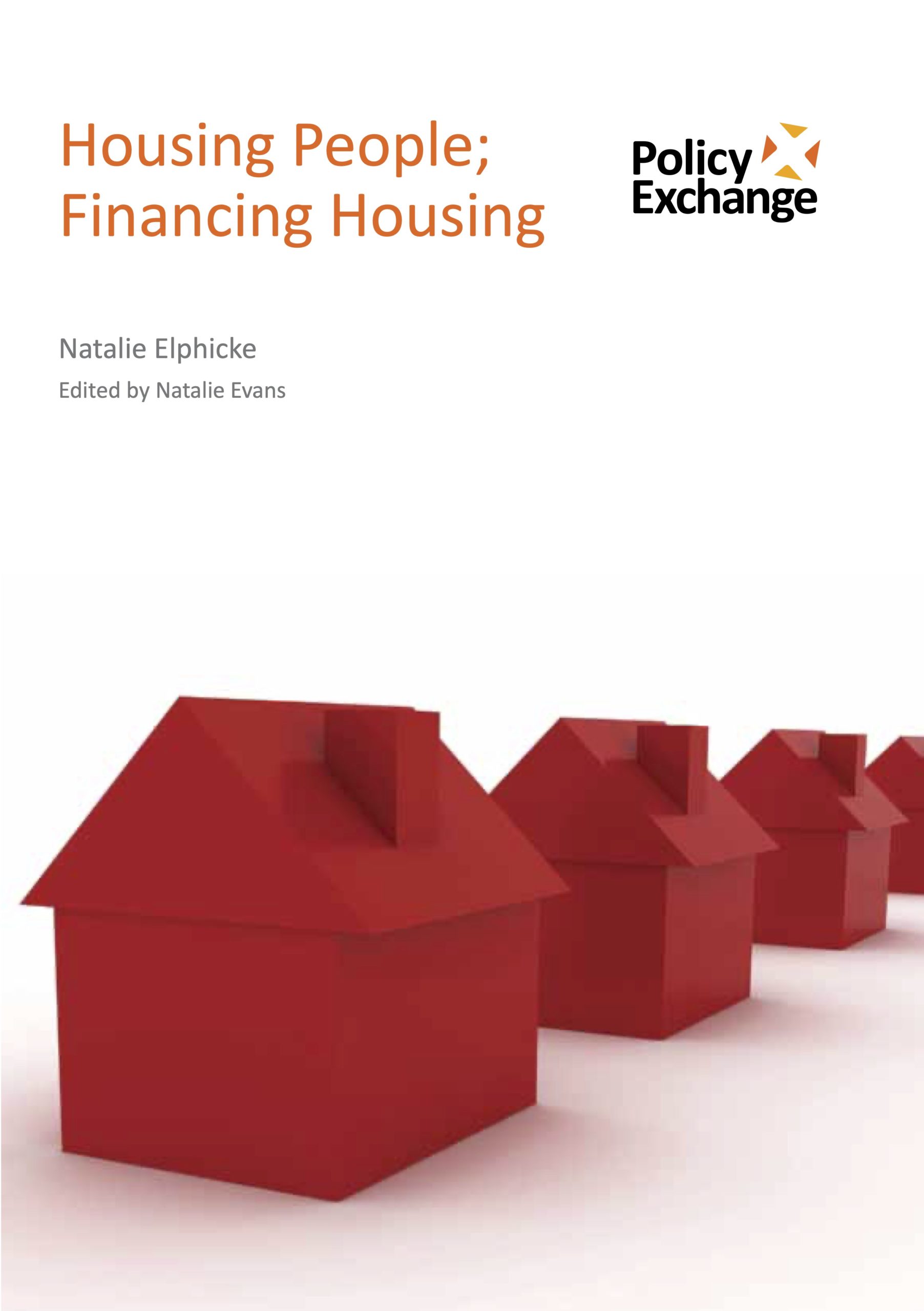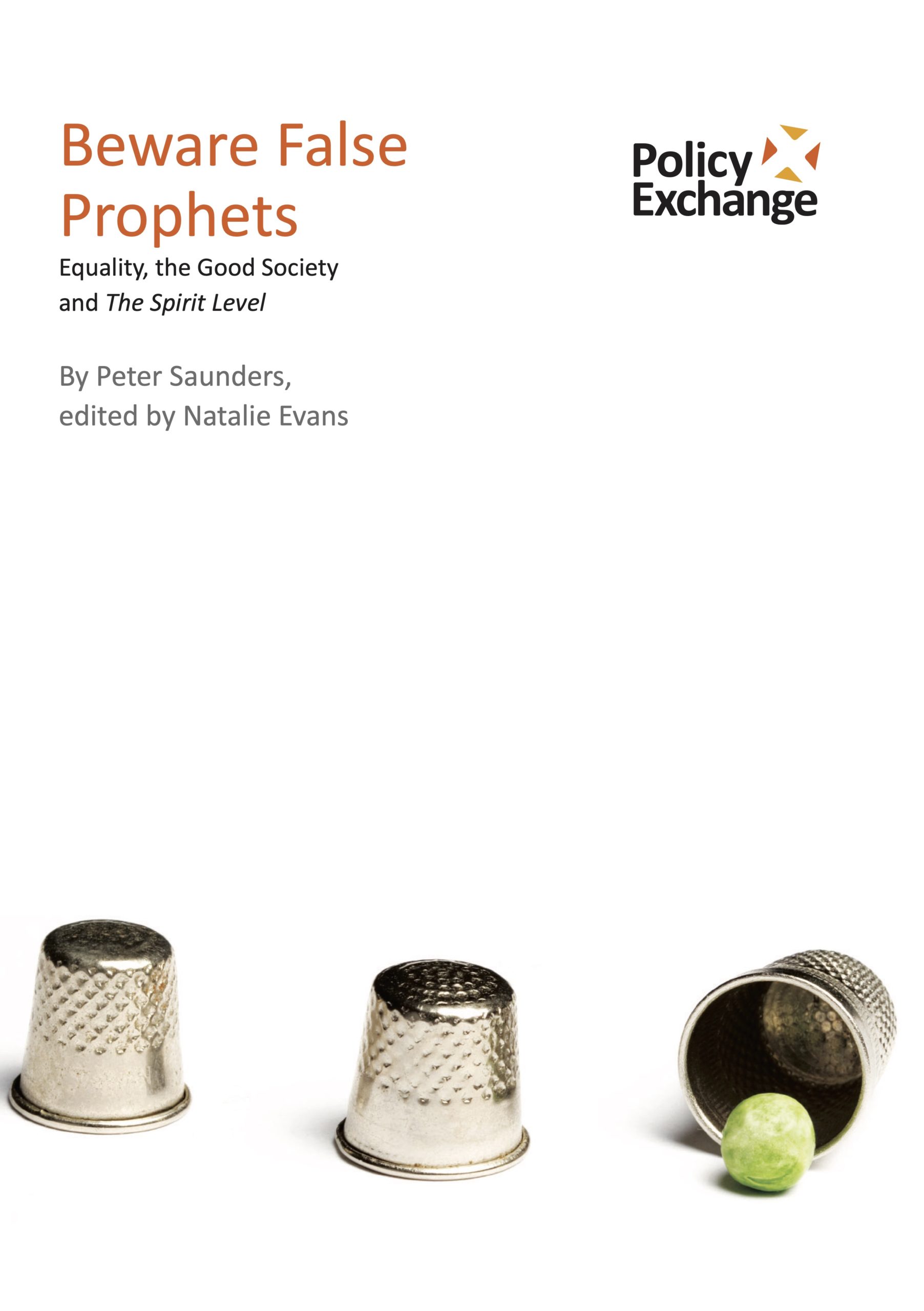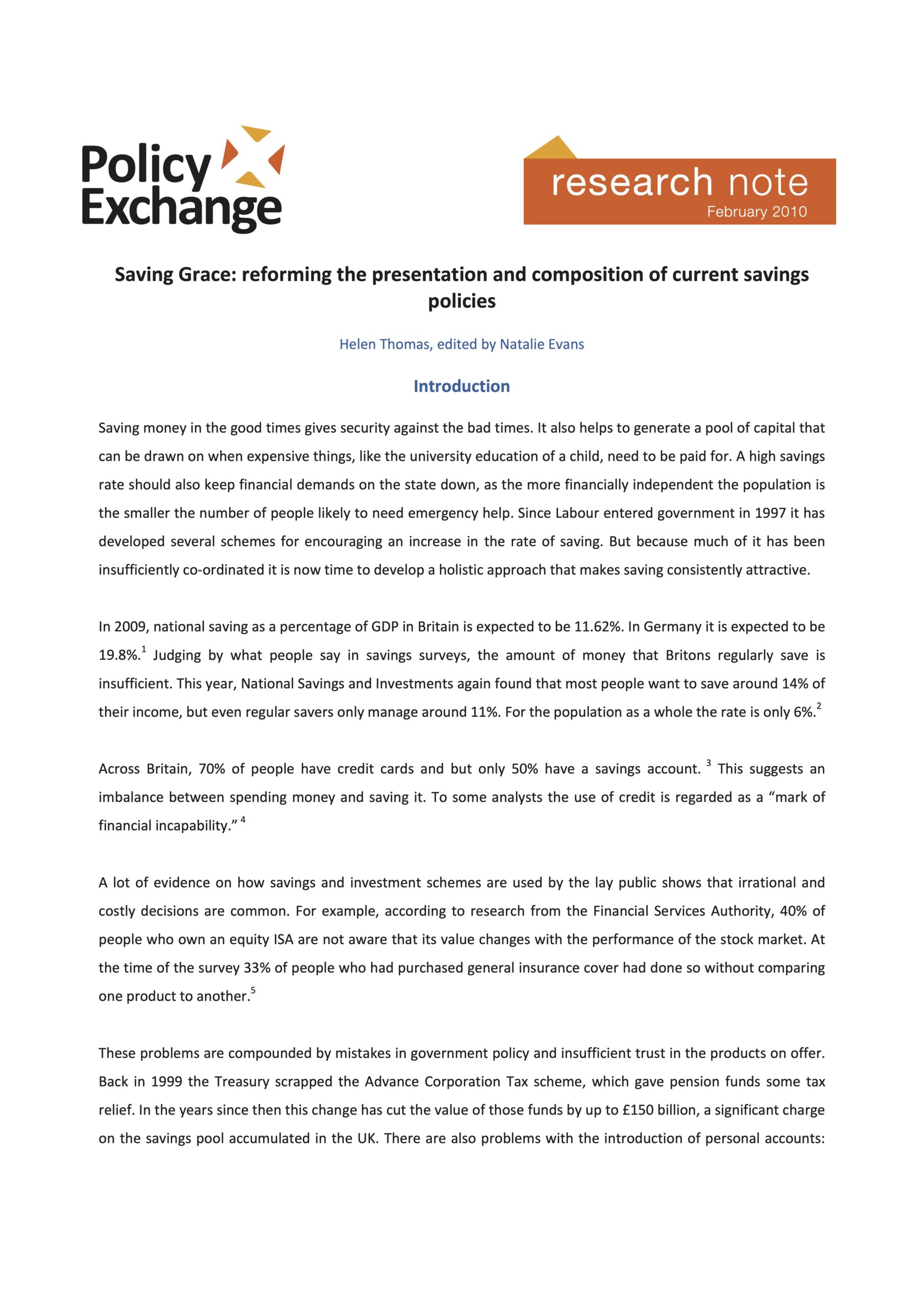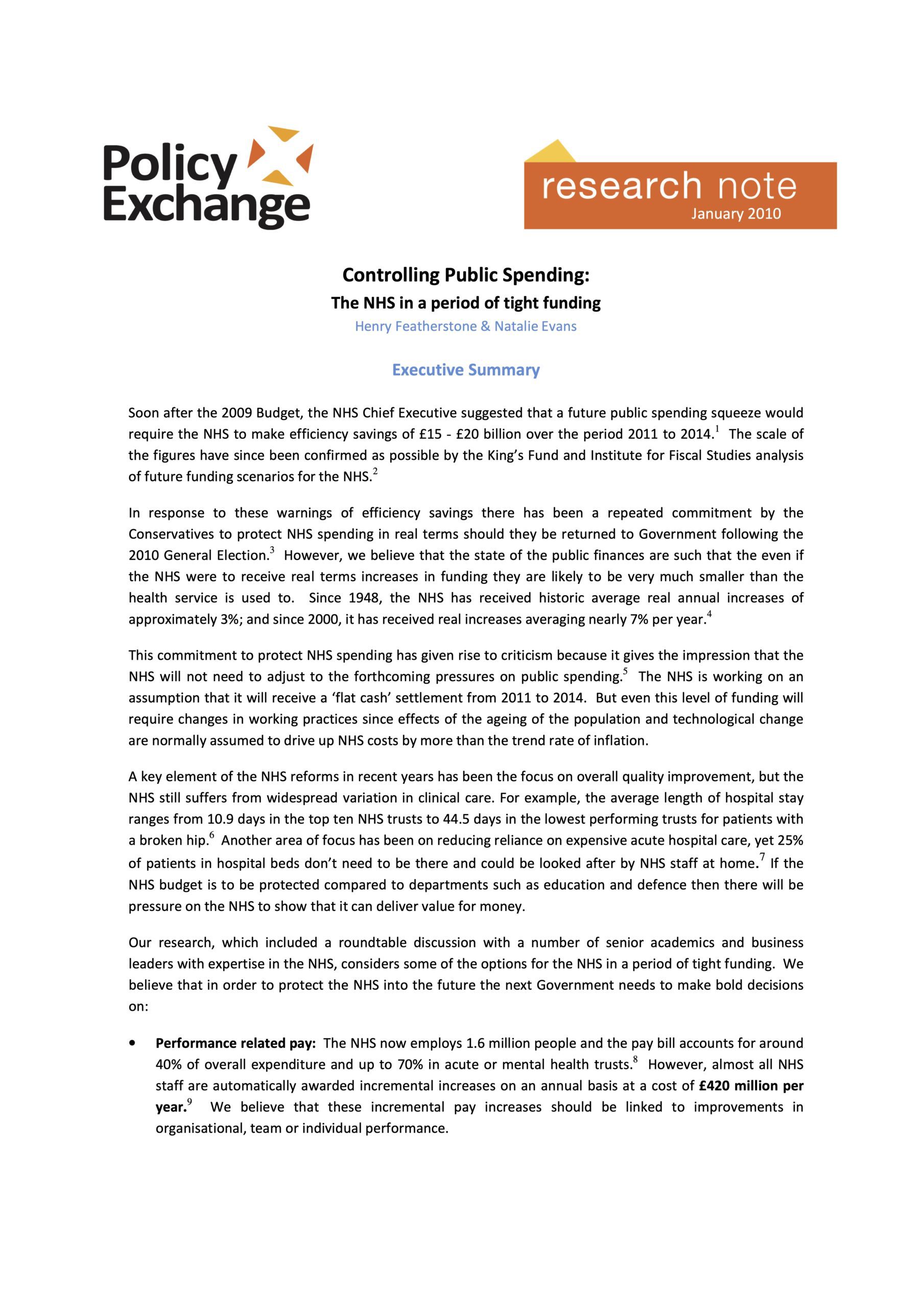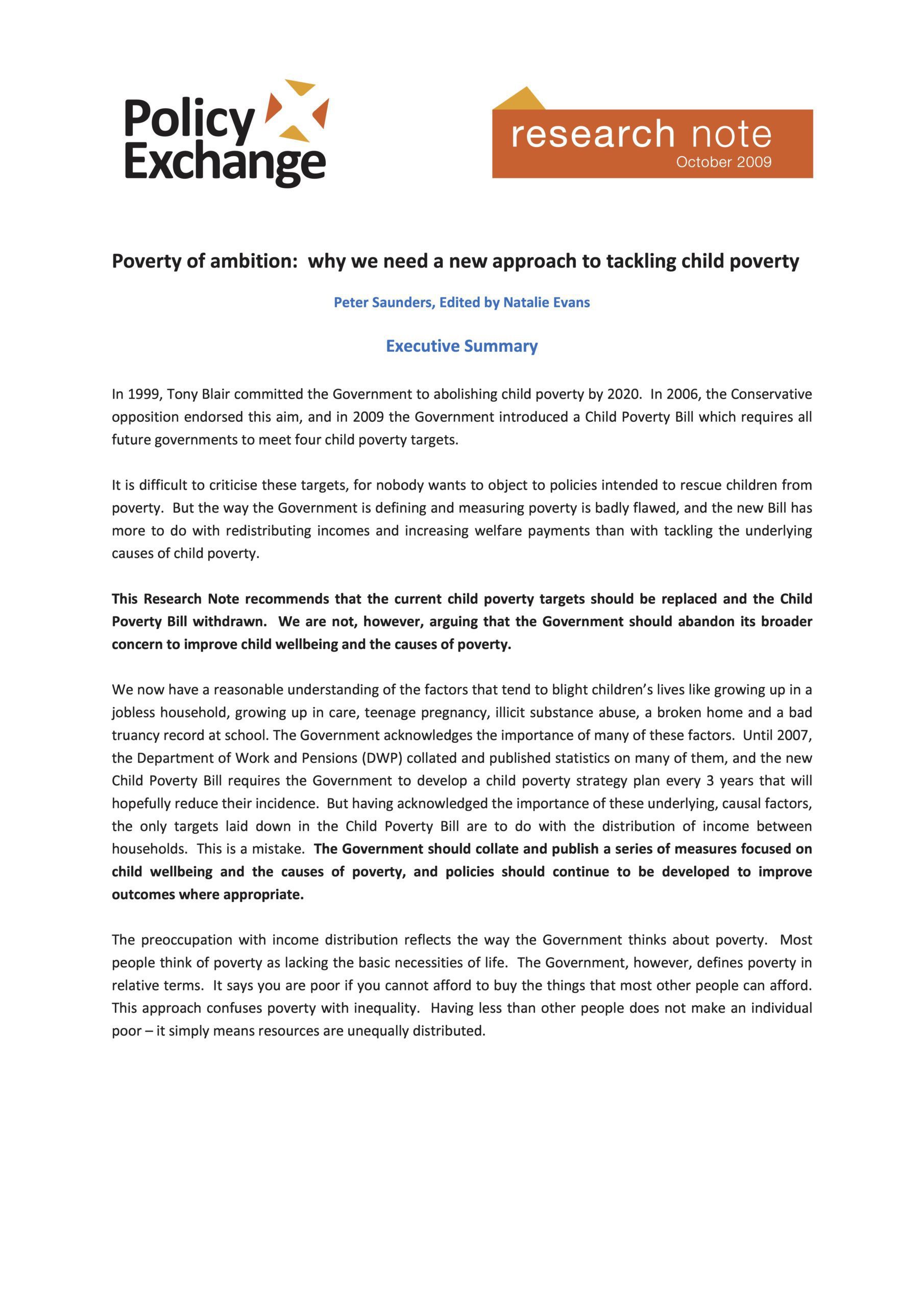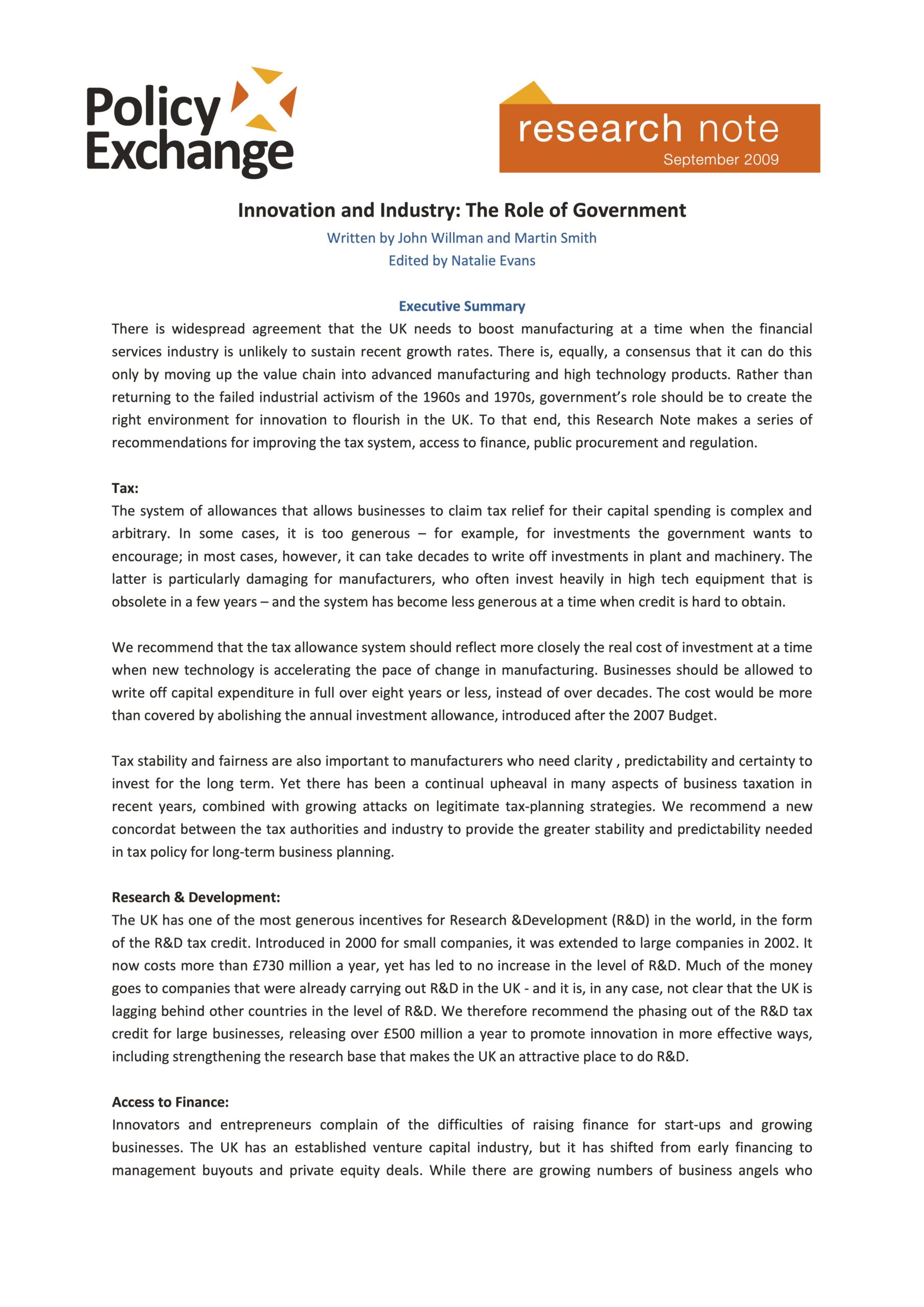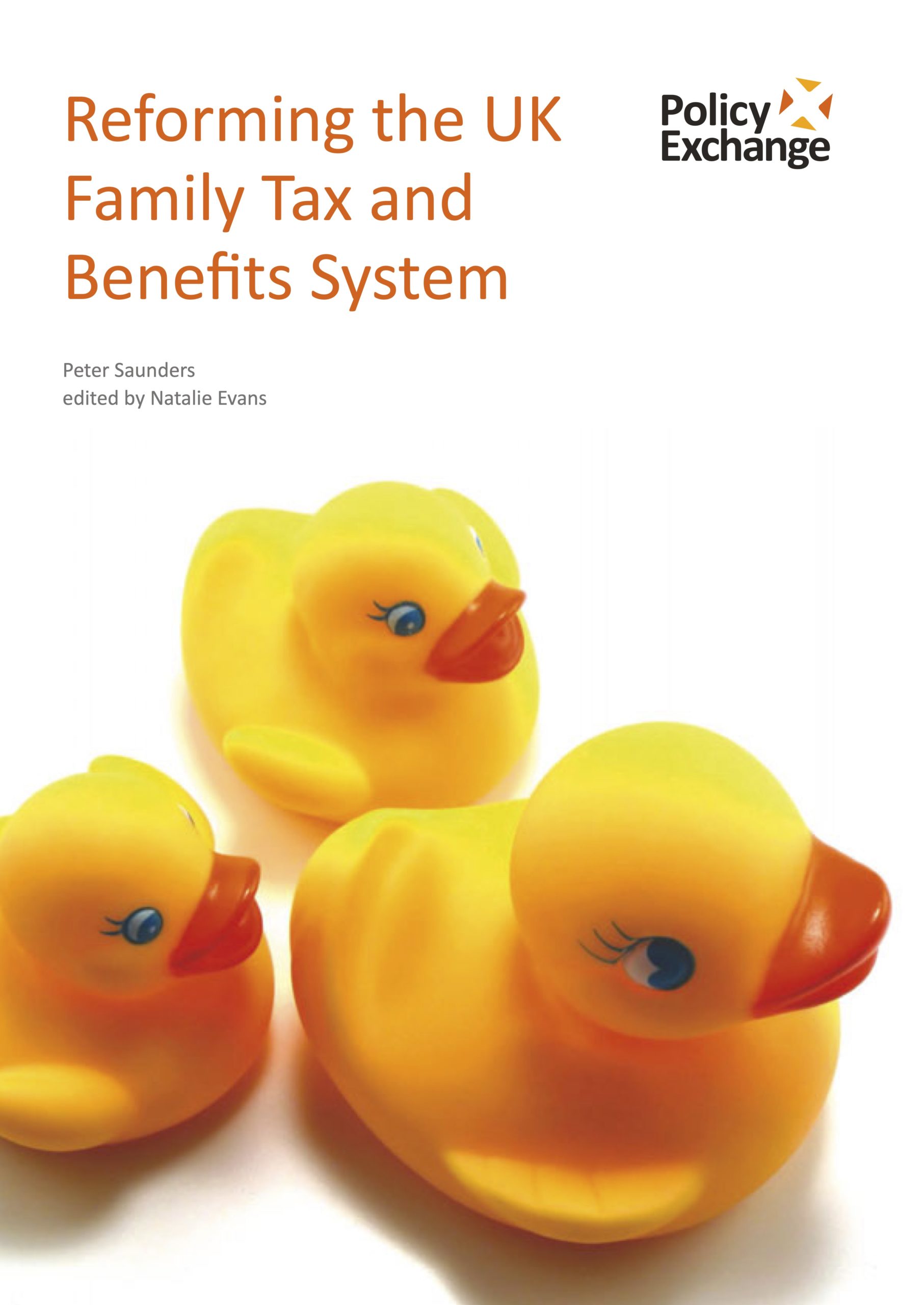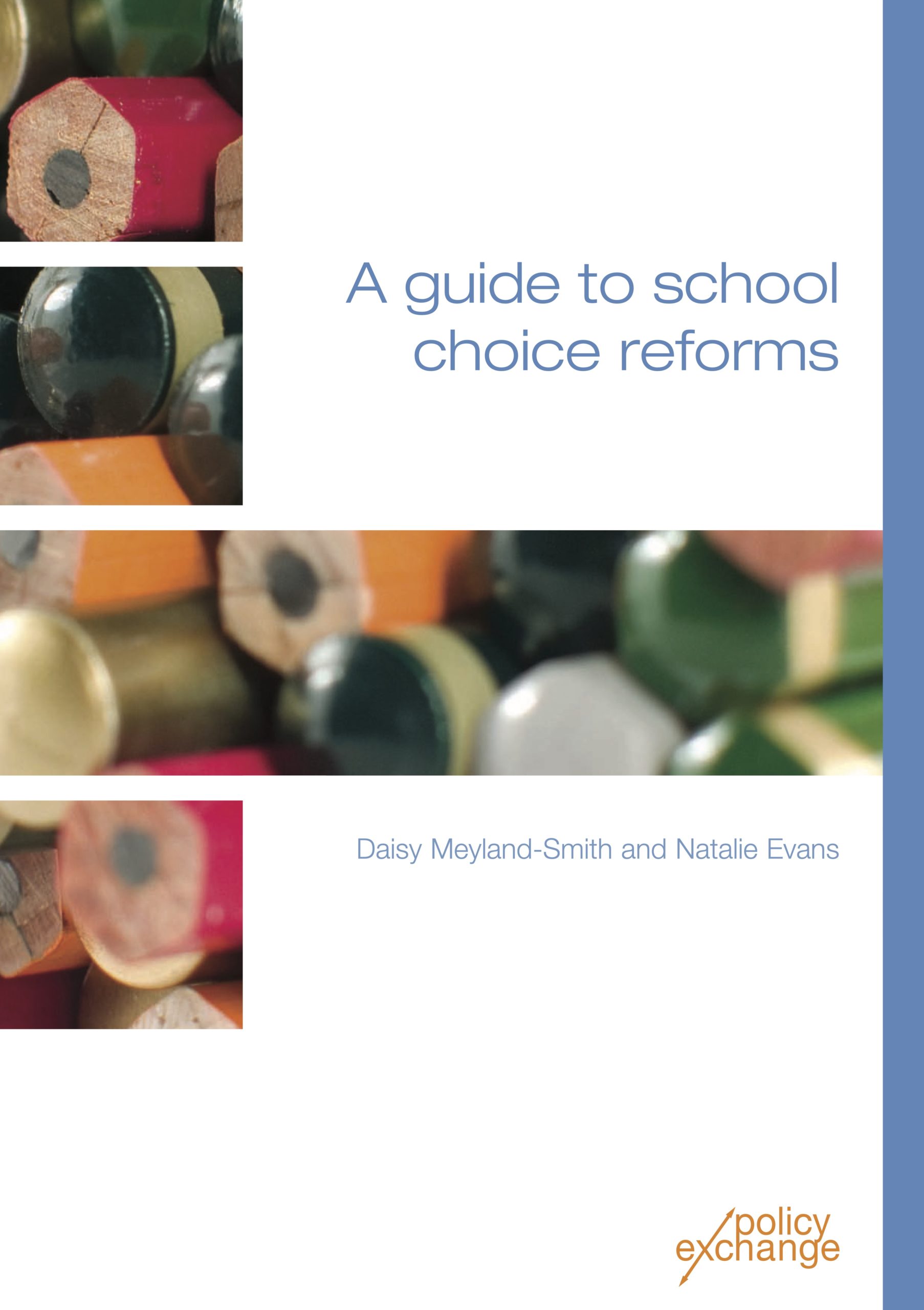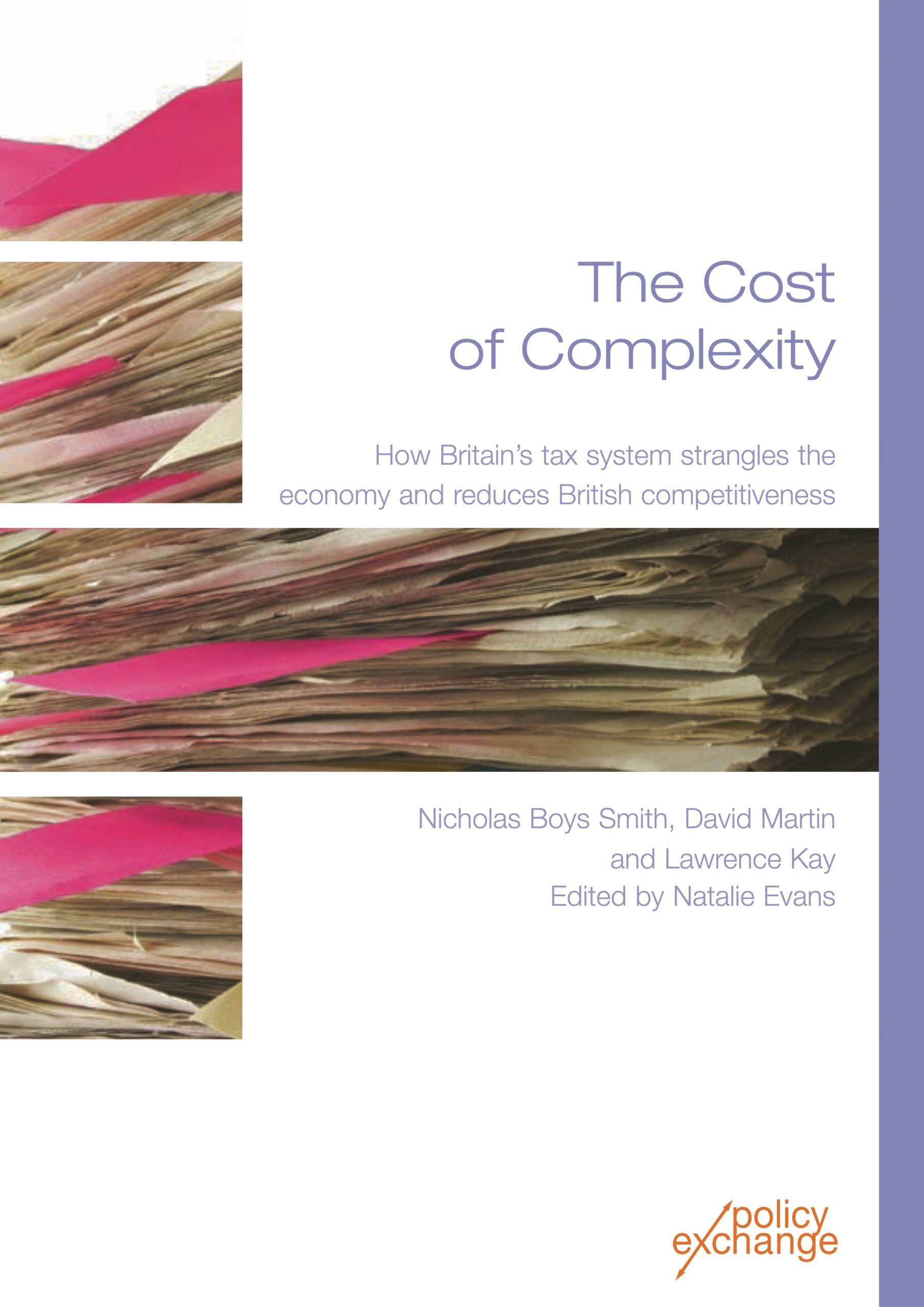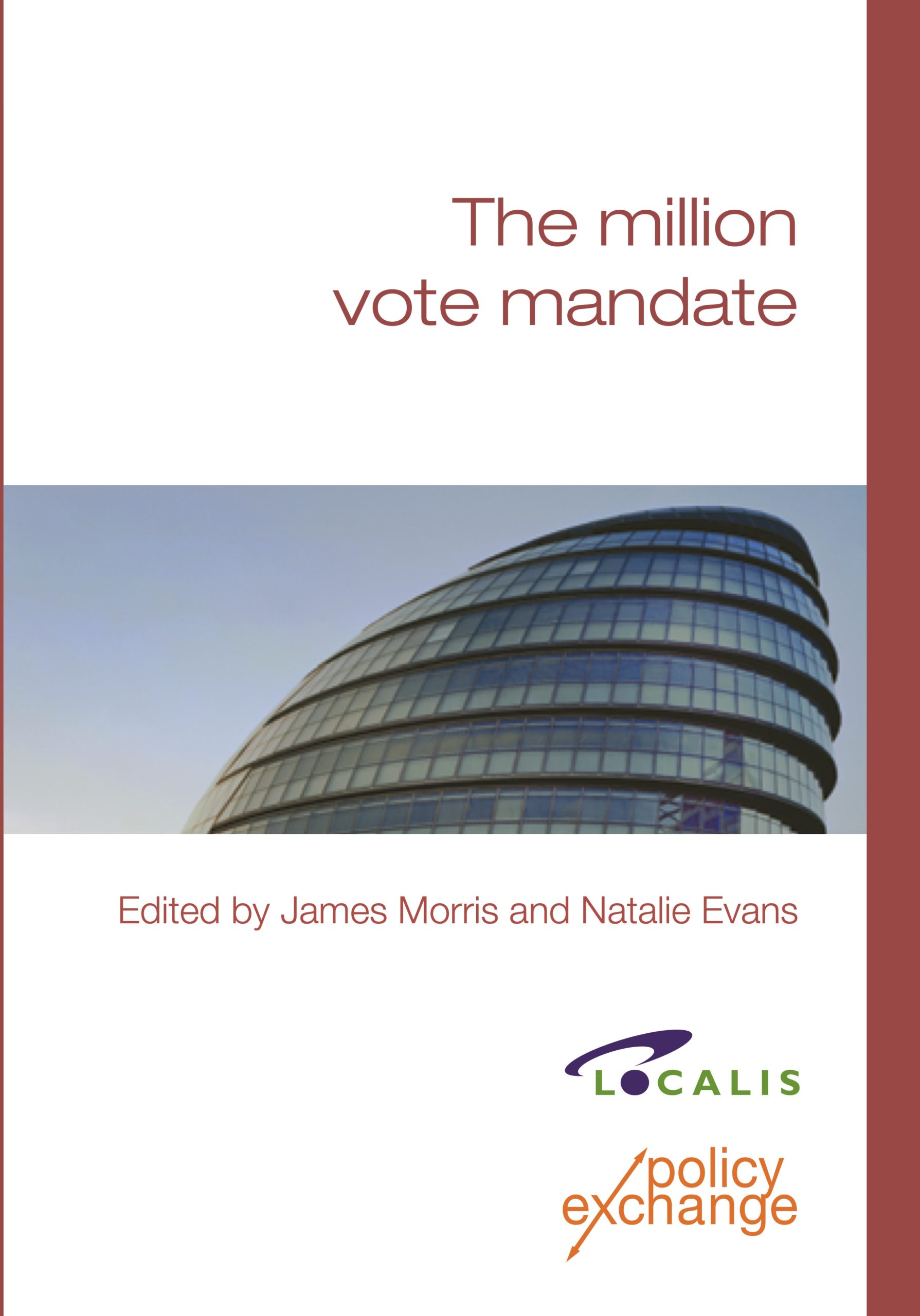Natalie Evans
Deputy Director, 2008-2011
Natalie is now Head of Operations at the New Schools Network.Whilst at Policy Exchange Natalie was responsible for the output and strategic direction of the research team.Prior to joining Policy Exchange, Natalie was Head of Policy at the British Chambers of Commerce. She has also previously been Deputy Director at the Conservative Research Department specialising in welfare and economic issues.She has a degree in Social and Political Sciences from Cambridge University.
This report tests the Alternative Vote in six key areas: proportionality; safe seats; decisive results; wasted votes; tactical voting and MPs being elected on less than 50% of the vote and finds that in only one (the latter) does it constitute an improvement over First Past the Post.
Local Seats for Local People? finds that the Boundary Review process in the UK is inefficient and produces undemocratic results. The report sets out proposals which will drastically reduce the time taken to conduct a review, depoliticise the process and ultimately improve representation.
Housing People; Financing Housing recommends that housing associations should be set free to raise money through methods like equity investment. This so-called “equitisation” could raise £30 billion and build an extra 100,000 new homes a year.
Beware False Prophets is Policy Exchange's critique of The Spirit Level, a book published last year by Richard Wilkinson and Kate Pickett, which argued that income inequality harms almost everybody in society, no matter how prosperous they are.
This report analyses the health and safety regime in the UK. The problem lies less with the regulations themselves and more with the culture of over-compliance that has developed. There is considerable scope to align the health and safety regime more closely with common sense and to lessen the burdens that it creates, and the report suggests a number of areas where reform is needed.
This report analyses the strengths and weaknesses of the UK as a place for manufacturing, and puts forward a manifesto to strengthen British competitveness in industry.
Since Labour entered government in 1997 it has developed several schemes for encouraging an increase in the rate of saving. But because much of it has been insufficiently co-ordinated it is now time to develop a holistic approach that makes saving consistently attractive.
Our research, which included a roundtable discussion with a number of senior academics and business leaders with expertise in the NHS, considers some of the options for the NHS in a period of tight funding.
Partners in Crime calls for the introduction of elected police heads, responsible for meeting the needs of local people and revitalising the relationship between the police and the public.
This Research Note recommends that the current child poverty targets should be replaced and the Child Poverty Bill withdrawn. We are not, however, arguing that the government should abandon its broader concern to improve child wellbeing and the causes of poverty.
This Research Note makes a series of recommendations for improving the tax system, access to finance, public procurement and regulation.
Reforming the UK Family Tax and Benefits System reveals that the average middle-income family today pays £6,016 in tax and National Insurance contributions, but gets back £5,383 as social security and family payments. This unnecessary churning has undermined family independence and self-reliance and turned four-fifths of the nation’s families (around 5.5 million households) into welfare claimants.
Families in Britain aims to be a starting point for a debate on policy, charting the changing nature of the family, and what that means for parents, children and our wider society.
This publication sets out a blueprint for creating real school choice in the UK. It also looks at the lessons from the introduction of school choice reforms in Sweden and the USA. A Guide to School Choice Reforms concludes that successful reform will mean combining elements from each system and building on the academies programme. The publication also finds strong evidence that allowing independent providers into the state education system […]
The Cost of Complexity sets out in detail the complexity of the British tax system and the malign influence this has on the economy.
The Million Vote Mandate examines a range of the big issues which will challenge the new Mayor and ultimately determine the success of his mayoralty.

